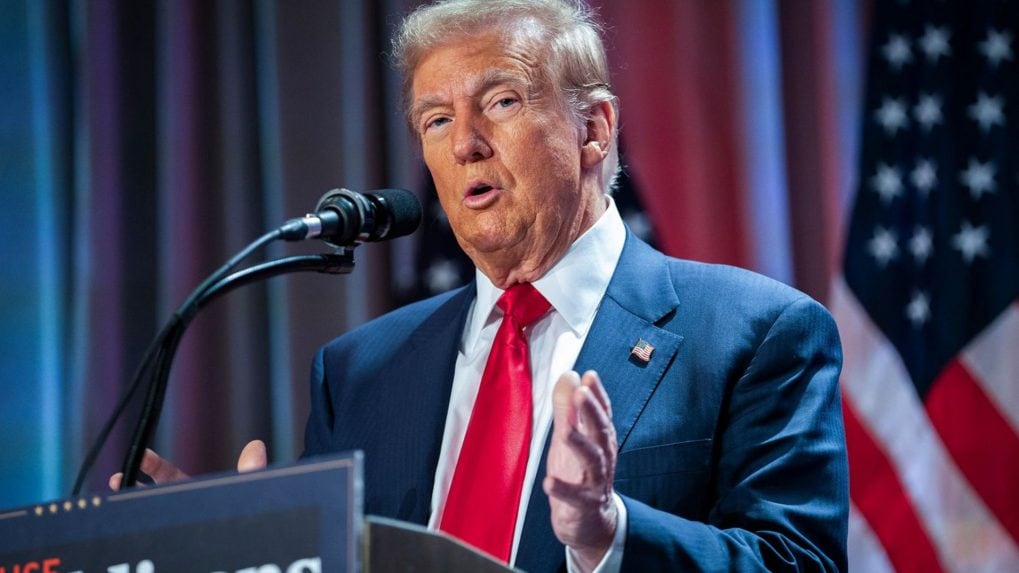Advertising
From Pink Slips to Silent Sidelining: Inside adland’s layoff and anxiety crisis

In a surprise announcement on September 29, US President Donald Trump declared a 100% tariff on all foreign-made films imported into the United States. The move, aimed at protecting Hollywood and domestic film production, immediately sparked debate among economists, trade experts, and the global media industry.
What Trump Announced
Trump framed the tariff as a way to defend American creative industries, accusing foreign governments of “stealing” U.S. movie business. He also indicated tariffs on imported furniture, though the focus quickly shifted to films. This is not the first time the president has floated such a measure; a similar proposal in May 2025 was met with skepticism from studios and trade analysts.
The White House has emphasized that no final decision has been made, leaving key questions about legal authority, enforcement, and classification of films unresolved.
Why the Tariff Matters
Legal Complexity: Films are not straightforward goods; they are intellectual property and often delivered digitally. How customs authorities would assess a 100% tariff on streaming or partially foreign-produced films remains unclear.
Global Production Chains: Major films often use international locations, financing, and post-production. Studios could face higher costs if even a portion of production happens abroad, complicating compliance.
Potential Retaliation: Countries hosting U.S. productions, such as the U.K., Canada, and New Zealand, could respond with trade countermeasures, potentially affecting U.S. content and licensing agreements.
Impact on Studios and Consumers: Higher costs could translate to increased movie ticket prices, reduced production budgets, and fewer investments in creative or risky projects. Independent producers may be hit hardest due to reliance on global partnerships.
Reactions From the Industry
Hollywood studios remain cautious, with no major statements yet, though past analyses indicate concern over profitability and market disruption.
Trade experts warn that a blanket 100% tariff could face legal challenges and possibly disputes at the World Trade Organization.
Foreign governments have expressed concern, especially nations that host U.S. productions, signaling potential diplomatic and economic friction.
Broader Implications
If enacted, the tariff would mark one of the most aggressive protectionist measures targeting cultural products in US history. Unlike raw materials or manufactured goods, films involve intellectual property, digital distribution, and creative labor, making tariffs difficult to implement without legal and economic fallout.
For Hollywood, global partners, and US consumers, the announcement highlights the uncertain intersection of trade policy and creative industries. The question remains whether this move represents a serious policy shift or a political gambit, leaving the global film community watching closely.
Read more: Trump announces 100% tariff on foreign-made films; Netflix, Warner Bros. brace for impact
From purpose-driven work and narrative-rich brand films to AI-enabled ideas and creator-led collaborations, the awards reflect the full spectrum of modern creativity.
Read MoreLooking ahead to the close of 2025 and into 2026, Sorrell sees technology platforms as the clear winners. He described them as “nation states in their own right”, with market capitalisations that exceed the GDPs of many countries.